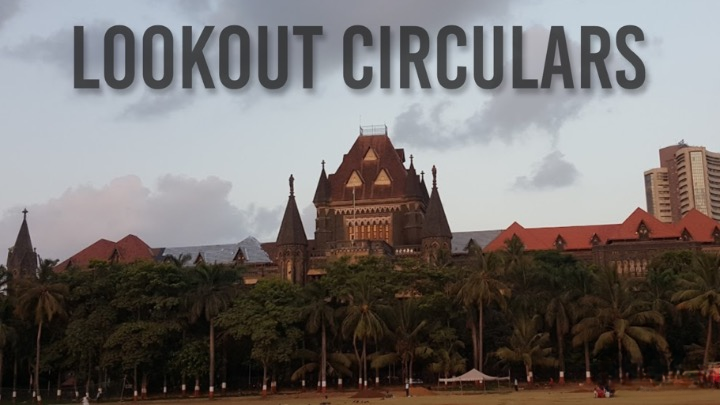Look Out Circulars (LOCs)

- 01 May 2024
Why is it in the News?
The Bombay High Court has held that public sector banks (PSBs) cannot recommend or request the issuance of Look Out Circulars (LOCs) against loan defaulters and has set aside the provisions of the central government’s Office Memoranda (OM) that empowered PSBs to do so.
What are Look Out Circulars (LOCs)?
- Look Out Circulars (LOCs) is a governmental directive to immigration authorities, instructing them to regulate and restrict the physical movement of individuals.
- Law enforcement agencies utilize them to prevent individuals wanted by the police or under suspicion from leaving or entering the country through designated ports of entry, including land, air, and sea ports.
- Typically issued by police, intelligence agencies, or other authorized government bodies under the Ministry of Home Affairs (MHA), LOCs are not explicitly backed by legislation but are governed by executive directives, such as the Office Memorandum issued by the MHA in 2021.
- This memorandum outlines consolidated guidelines for opening LOCs against both Indian citizens and foreigners.
- The guidelines dictate that LOCs can only be opened in criminal or penal cases, with the reason for the circular clearly indicated.
- However, in exceptional circumstances, LOCs may be issued for reasons detrimental to the sovereignty, security, or integrity of India, bilateral relations with other states, or the strategic and economic interests of India.
- Basic details, including name, parentage, passport number, and date of birth, must be available before issuing an LOC, and the process requires constant monitoring to minimize inconvenience to genuine travellers.
- Additionally, agencies responsible for requesting LOCs must review their requests quarterly and annually, with the results reported to the MHA.
- While the legal consequences of issuing an LOC lie with the originating agency, the power to issue such directives is derived from The Passports Act, 1967, which governs the grant of passports, travel documents, and endorsements to travellers during emigration or immigration processes.
